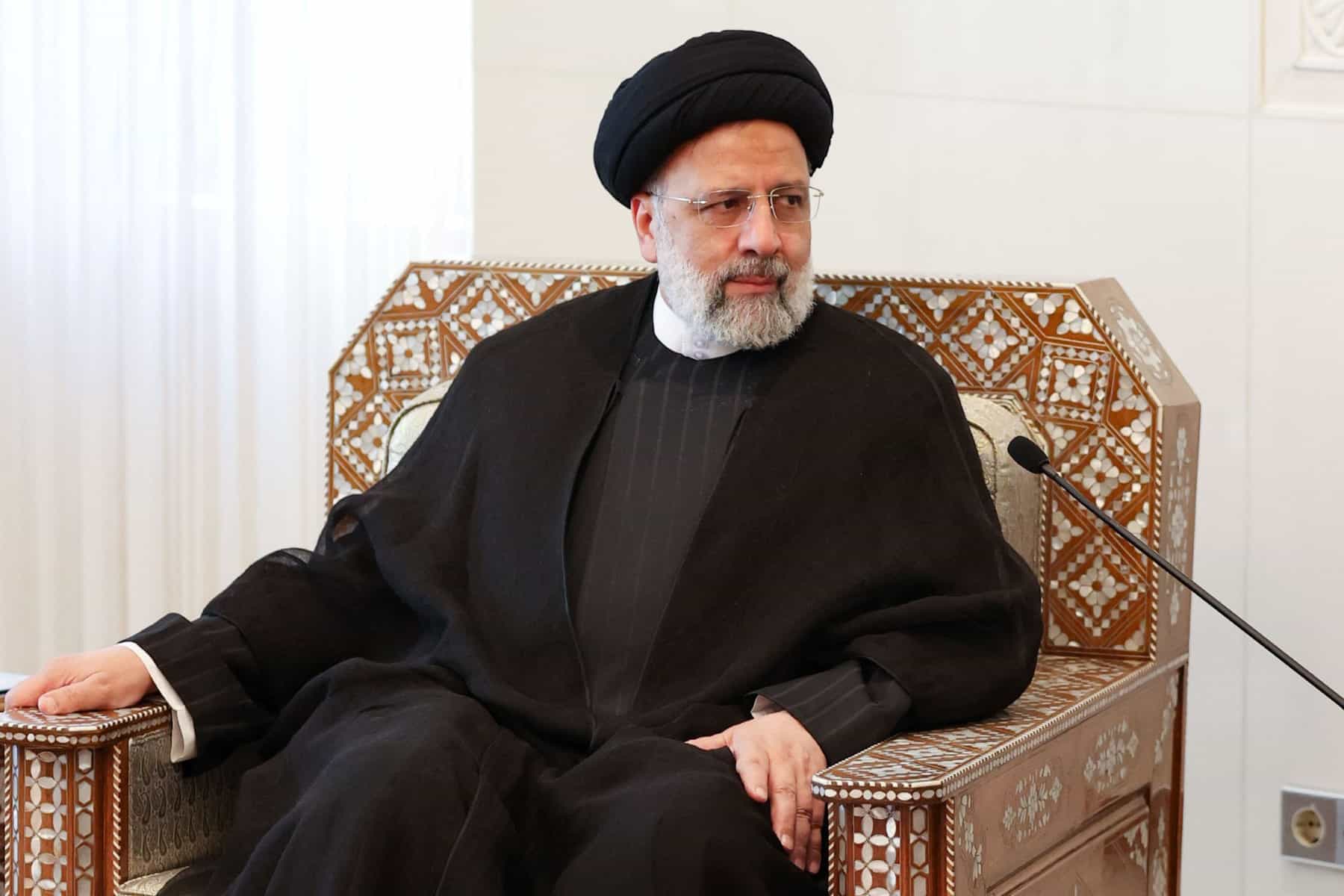Tehran, Iran – Iran on Monday said it is possible to salvage an agreement on reviving its nuclear deal if Western parties, particularly the US, put an end to repeated delays.
It comes five years after the US withdrew from a 2015 nuclear deal that gave Iran relief from international sanctions in return for curbs on its nuclear program.
An agreement “is possible both in term of the technical and political aspects”, Iran’s foreign ministry spokesman Nasser Kanani said.
He charged that “the other sides, especially the US, have procrastinated” on reviving the deal, while expressing hopes that they would show “political determination” for a committed return to its implementation.
Exactly five years ago, then US president Donald Trump unilaterally pulled out of the deal and reimposed sanctions on Iran, prompting Tehran to walk back on its commitments that were intended to prevent it from developing a nuclear weapon — an aim Iran has always denied having.
Kanani on Monday said Iran’s policy “is not to allow issues related to Iran’s peaceful nuclear activity to become an obstacle in the process of Iran’s cooperation” with the UN nuclear watchdog.
In March, International Atomic Energy Agency (IAEA) chief Rafael Grossi visited Tehran after his agency’s inspectors in the country found uranium particles enriched to just under weapons-grade level.
Tehran denies wanting to acquire atomic weapons and has said it had not made any attempt to enrich uranium beyond 60 percent purity, noting that unintended fluctuations may have occurred during the enrichment process.
“The Islamic republic of Iran is moving on the roadmap within the framework of the visit to Iran by Mr. Grossi … and in this regard, practical and operational actions have been introduced and we are moving forward,” Kanani added.








